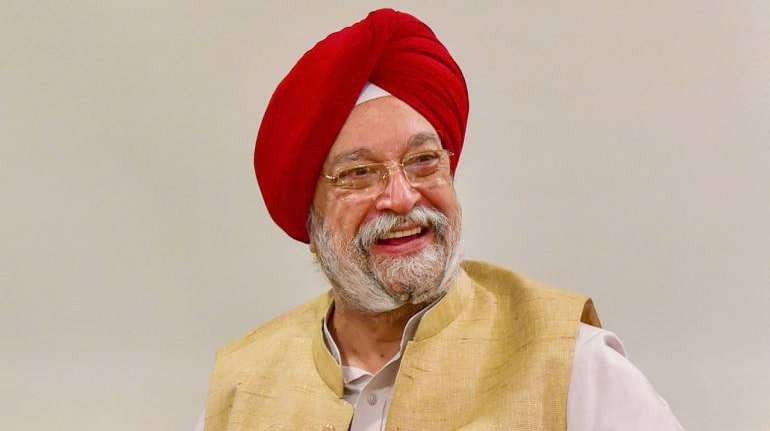



Air India, it would appear, has finally run out of time.
Minister of Civil Aviation, Hardeep Singh Puri, on March 26 said that he expects financial bids for debt-laden Air India to come in within 64 days, following which a new owner for the airline will be chosen.
Speaking at the India Economic Conclave, he said that while there have been several attempts by the government to privatize Air India, this time around there is no choice but to privatize or close down the airline as it is running in losses.
The airline has run up a debt of around Rs 60,000 crore, Puri said.
The government is, reportedly, likely to float a request-for-proposal for privatization of Air India in the next seven days.
In December, Air India had received several initial bids for strategic disinvestment after the government tweaked some rules to attract private investors for the debt-laden carrier. The government seeks to sell 100 percent equity holding in Air India.
According to reports, SpiceJet Ltd promoter Ajay Singh has partnered with Ras Al Khaimah Investment Authority and Ankur Bhatia, promoter of Delhi-based Bird Group, to bid for a 100 percent stake in Air India. Tata Sons has also reportedly bid for Air India.
So far in 2020-21 (Apr-Mar), the government has provided Air India with a guarantee support of Rs 964 crore, which helped the airline raise new working capital loans from banks.
The government has also extended the existing government guarantee of Rs 6,693 crore for working capital requirements.
Puri also said that the privatization of airports has been a success story in terms of releasing revenue so that other airports can be built.
"Privatization of Delhi and Mumbai resulted in revenue to the Airports Authority (Airports Authority of India) between 2006 and 2020 31st December of Rs 29,000 crores. That is the money that was used to privatize the tier-2 and tier-3 city airports," he said.
The minister also said that he expects the second wave of the COVID-19 pandemic to peak in the next 10 days. He added that this second wave would delay the revival of the domestic aviation industry.
The second wave of COVID-19 has also put the government's plans to withdraw all capacity restrictions on domestic flights, Puri said.
"I would have opened up domestic civil aviation 100 percent by April in the summer schedule. It's been delayed a bit," he said.
Currently, domestic airlines are operating flights with a capacity restriction of around 80 percent.
Air traffic has reached 2, 44,000 passengers per day as against about 3, 00,000 before the pandemic. This is because many states are insisting on carrying out COVID-19 tests at the entry points of airports, making people wary of air travel.
The passenger traffic could go up to 2,70,000-2,80,000, Puri said.
Discover the latest Business News, Sensex, and Nifty updates. Obtain Personal Finance insights, tax queries, and expert opinions on Moneycontrol or download the Moneycontrol App to stay updated!